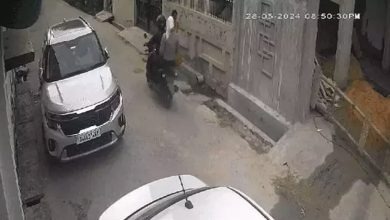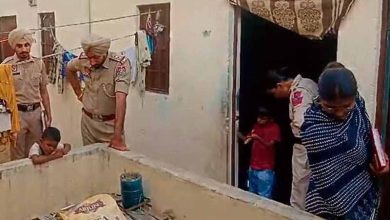Zero-waste scheme in Odisha

SwitchON Foundation, a Bengal-based non-profit that creates awareness about effective waste management, launched its zero-waste ward programme in Odisha on Friday.
The initiative is supported by different regional-level NGOs.
Giving a green signal to the project, Bhubaneswar mayor Sulochana Das said: “Effective waste segregation is crucial for the sustainable development of our city and I congratulate SwitchON Foundation for taking up this effective waste management programme at the ward level.”
The primary idea behind the project is to sensitise people to effective waste management and increase recycling and reuse of waste generated at the ward and individual levels. The project aims at participatory planning with relevant stakeholders, behavioural change communication, training and workshops on dry and wet waste and institution building for sustainability.
The waste management project was launched in Bhubaneswar, Cuttack and Puri. Odisha generates 1,935 tonnes of waste per day. Bhubaneswar generates 300 to 350 tonnes of solid waste per day.
Speaking on the initiative, Biranchi Narayan Mahasupakar, chairman-public health (sanitation, electricity, water supply, drainage and environment) of ward 59, said: “As responsible citizens, we must work together to create a clean and healthy environment for ourselves and future generations. SwitchON Foundation is doing a commendable job by creating awareness about effective waste management practices.”
Managing director of SwitchON Foundation, Vinay Jaju, said; “Let’s pledge to lessen the burden on our mother Earth by not dumping our wastes in landfills and reusing and recycling them into something useful.”
The launch event was attended by ward officials, NGOs, sanitation workers and volunteer groups. The activities that have been planned for the wards are door-to-door awareness generation on source segregation of waste, raising awareness through street plays, training on dry waste and recycling, training on wet waste for composting at the household level, and maintaining cleanliness and forming a committee of volunteers for sustenance even after the completion of the project.





